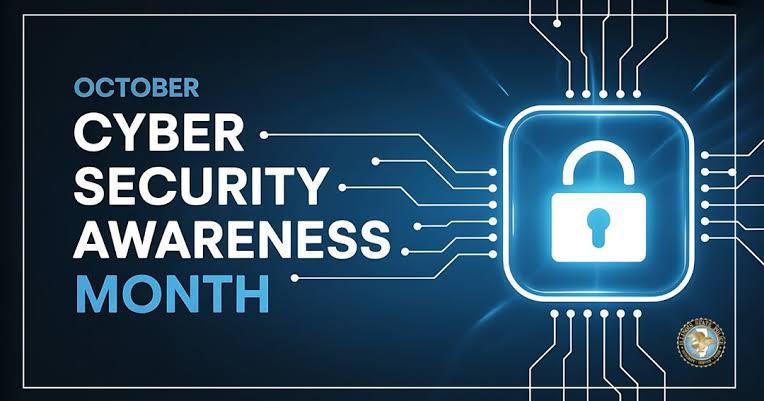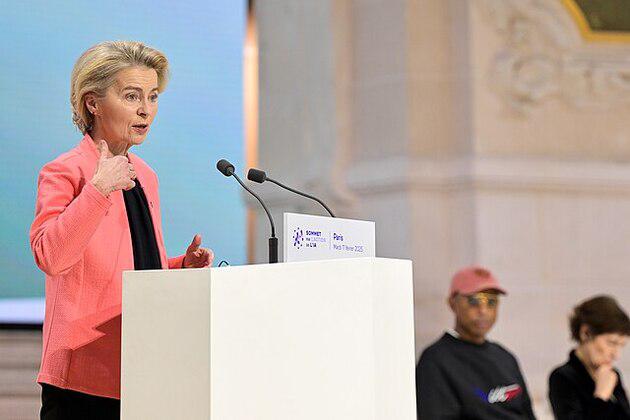Cyber Awareness Month 2025 brings urgent attention to the surge in online risks faced by minors, with high-profile revelations—such as Akshay Kumar’s account of his daughter’s cyberbullying—fueling debate. Experts and law enforcement call for a blend of parental vigilance, digital literacy, and stricter tech regulation to combat cyberbullying, grooming, sextortion, and scams targeting children.
Key Highlights: Protecting Minors in a Digital Age
Bollywood actor Akshay Kumar’s candid revelation about his daughter’s cyberbullying during an online game at the Cyber Awareness Month inaugural event has intensified public focus on kids’ vulnerability in virtual spaces. Cybercrimes now span social media harassment, explicit demands, identity theft, and online exploitation—often progressing from seemingly harmless chats to attempts at grooming or sextortion.
National Crime Records Bureau data shows a 60% spike in cybercrimes against Indian children in three years, echoing global Interpol and UNICEF reports that minors aged 10–16 are increasingly targeted via gaming apps, social media, and chat forums. AI is also being misused for deepfake scams and synthetic blackmail.
Experts like Dr. Prashant Mali stress that anonymity and competitive pressure in gaming lower children’s caution, making them ripe for manipulation or fraud. Preventive steps must include parental awareness (enabled child safety modes, open conversations), school-based digital hygiene, and strong content moderation by platforms.
Security advocacy groups recommend technical measures—privacy settings, disabling location services, robust passwords, two-factor authentication, and app-based controls—to limit unsolicited interactions. Many experts also urge parents to keep devices in shared spaces, monitor friend lists, and review chats or downloads.
Regulatory updates such as India’s IT Rules 2021 and DPDPA 2023 empower stricter consent and age verification, but true protection depends on active collaboration between parents, educators, platforms, and children themselves.
Recent workshops have featured interactive games and sessions for kids to build digital confidence, spot red flags, and recognize manipulation, reinforcing that cyber hygiene must become as fundamental as traffic safety for kids today.
Sources: Free Press Journal, Mid-day, Ensign InfoSecurity, National Crime Records Bureau




